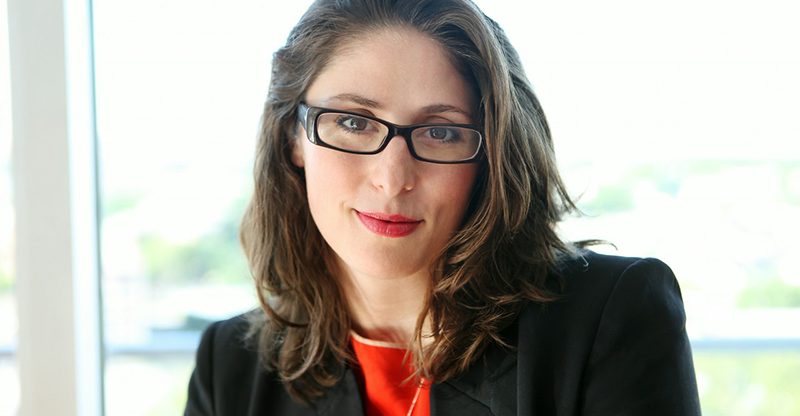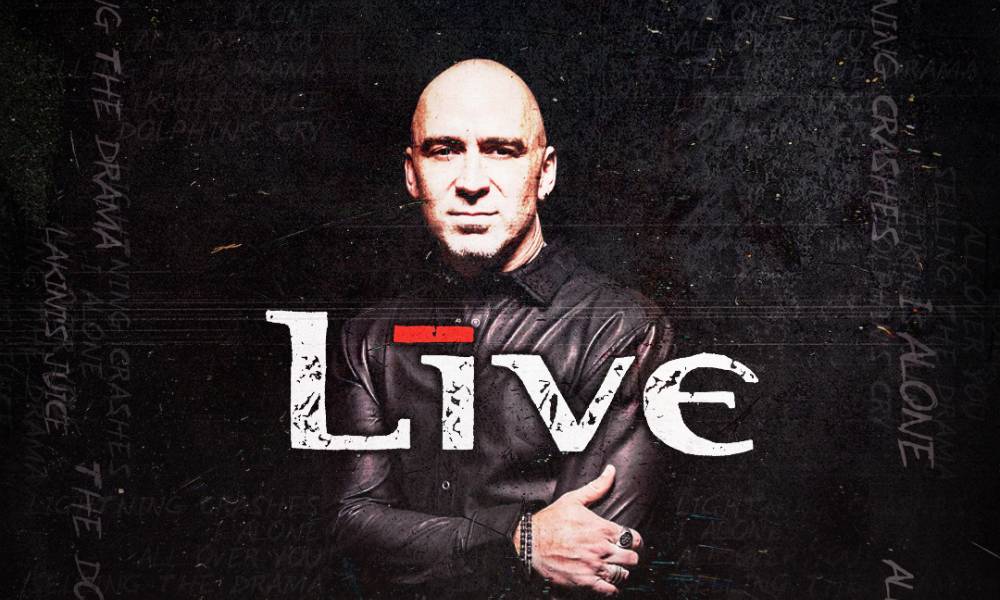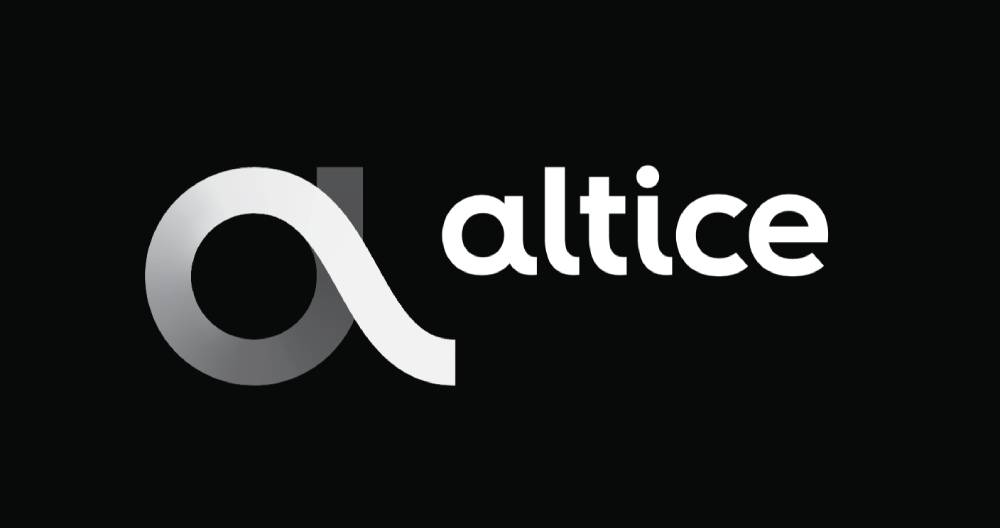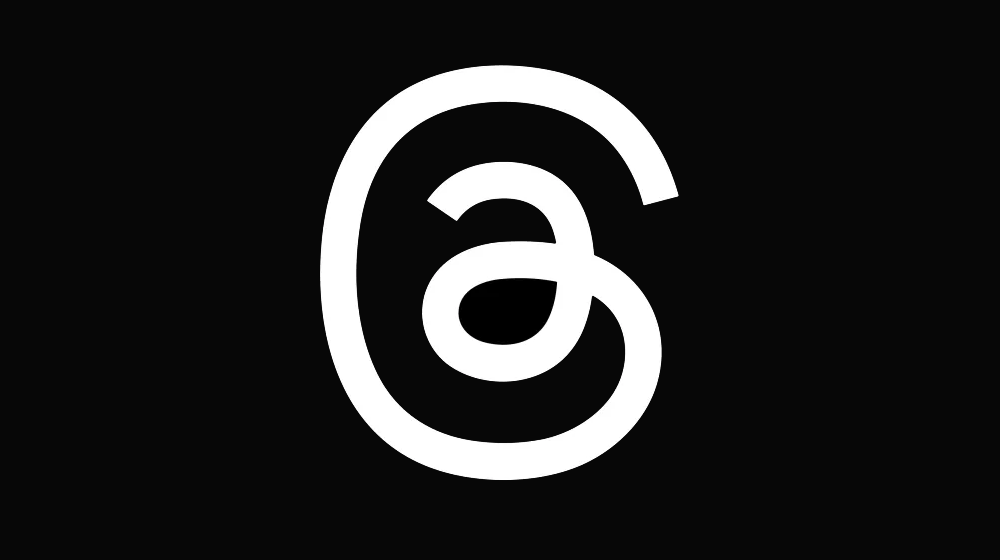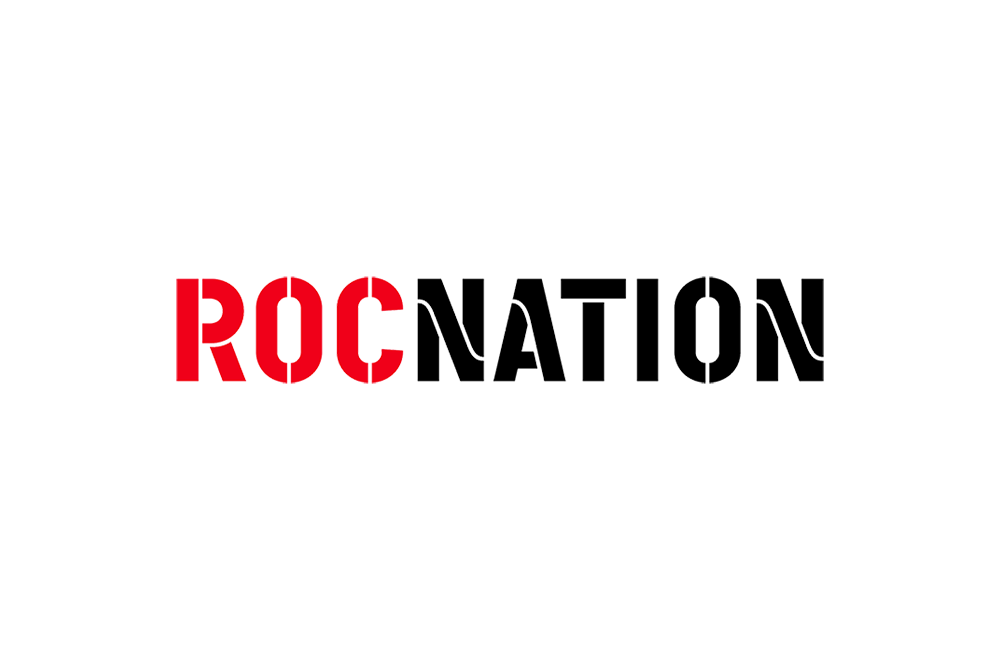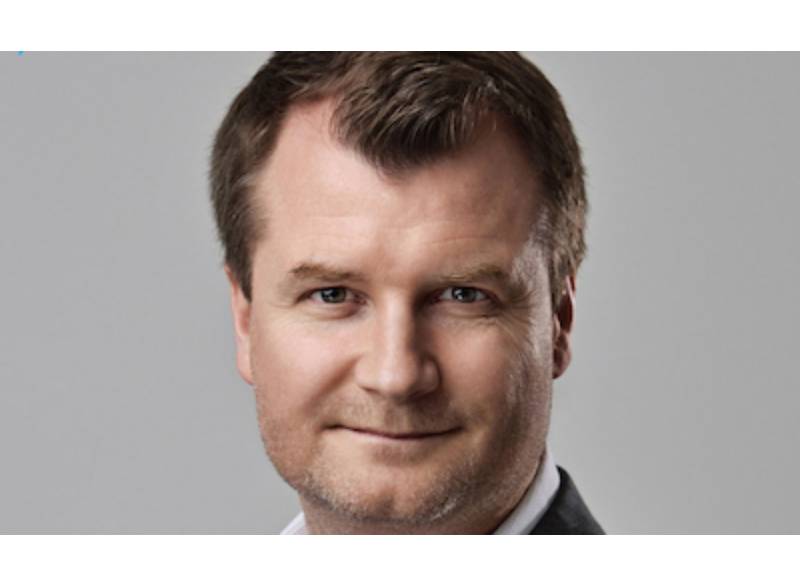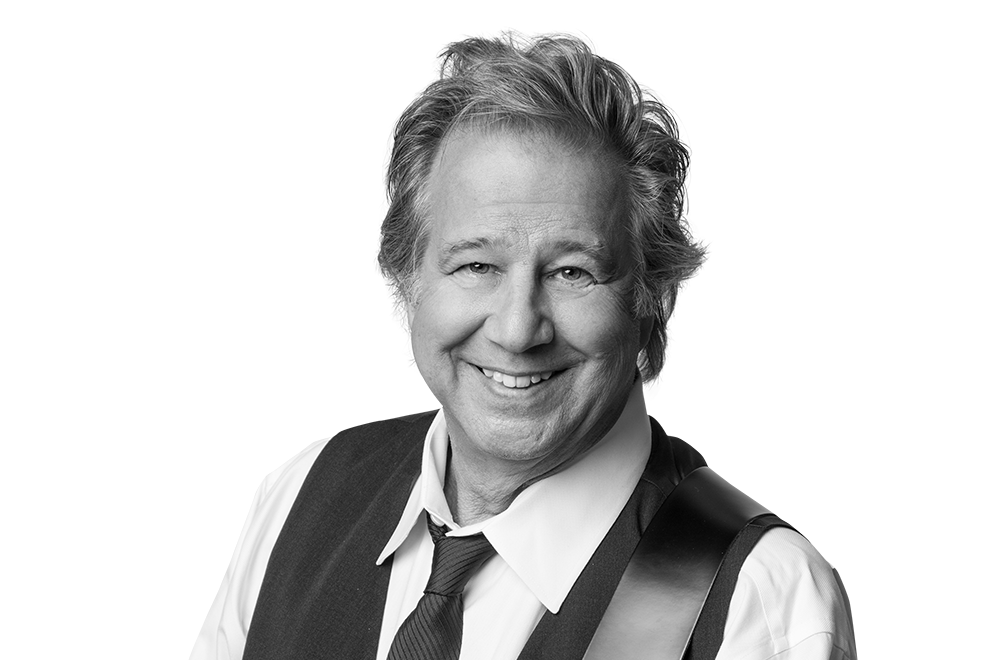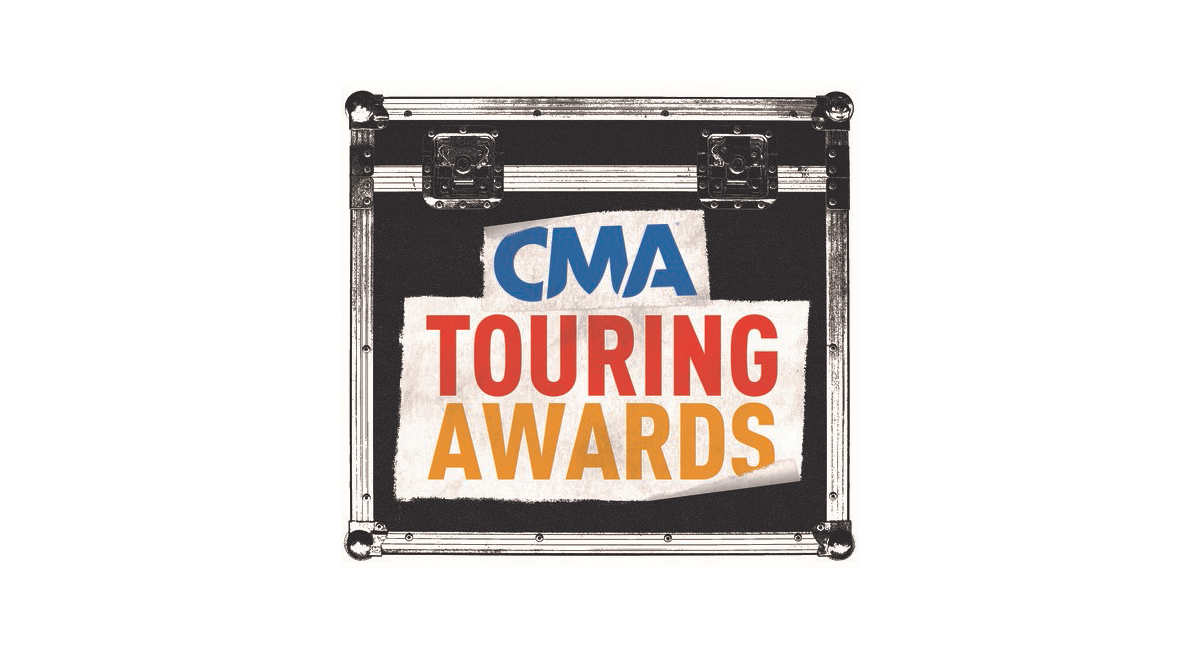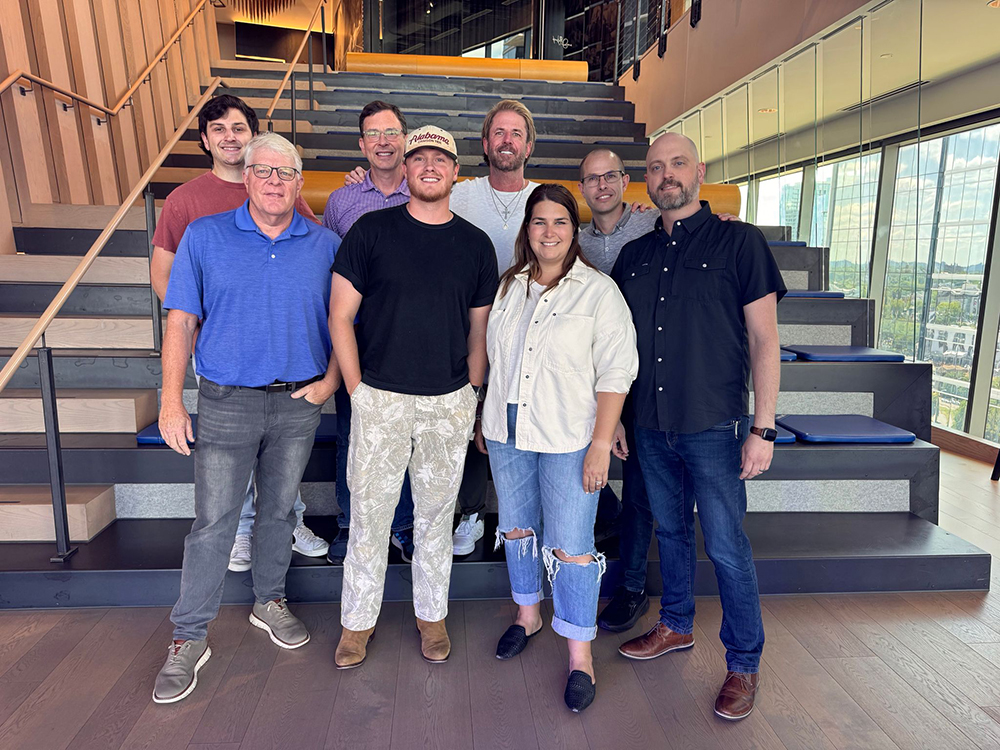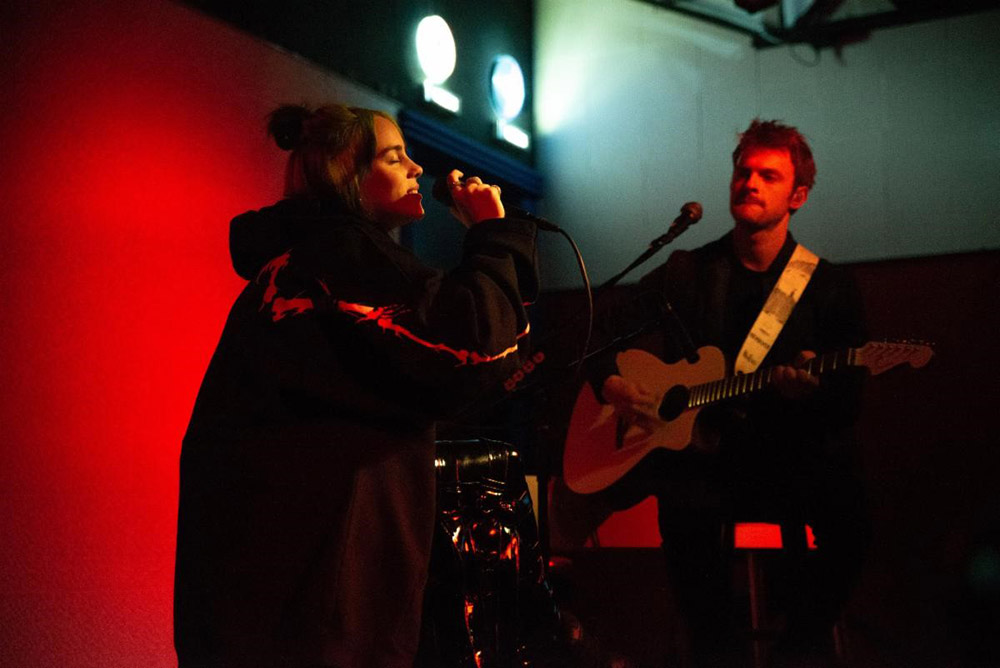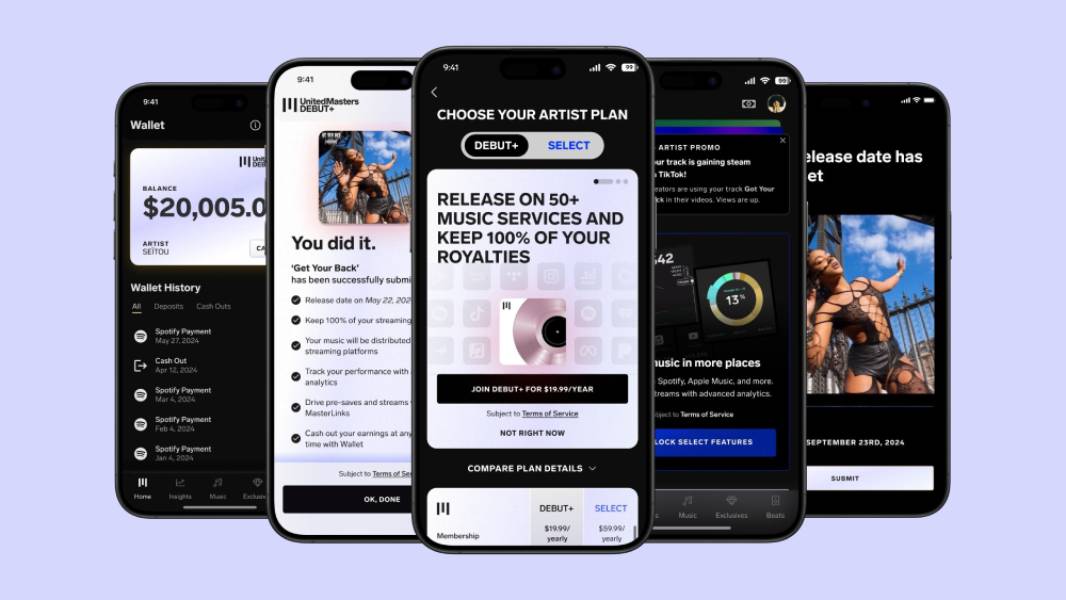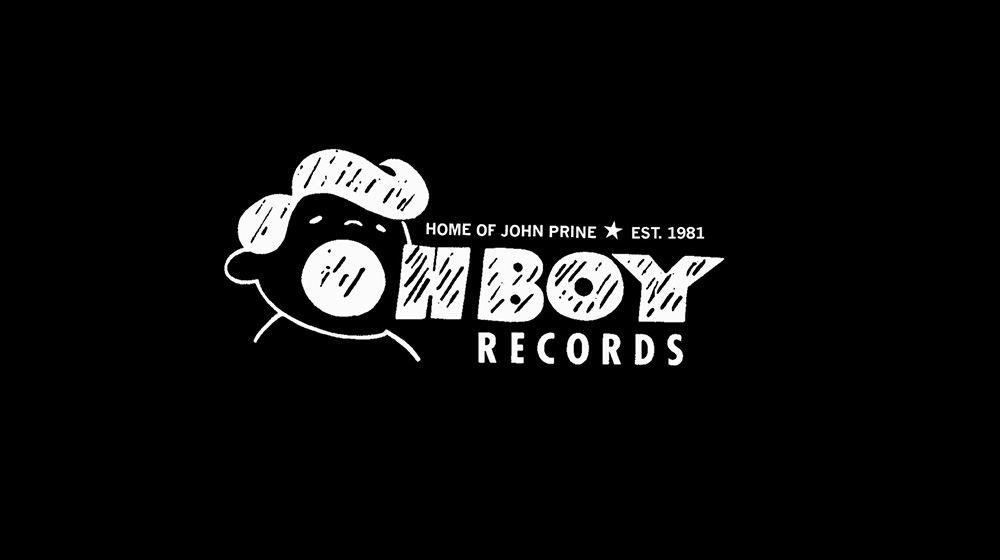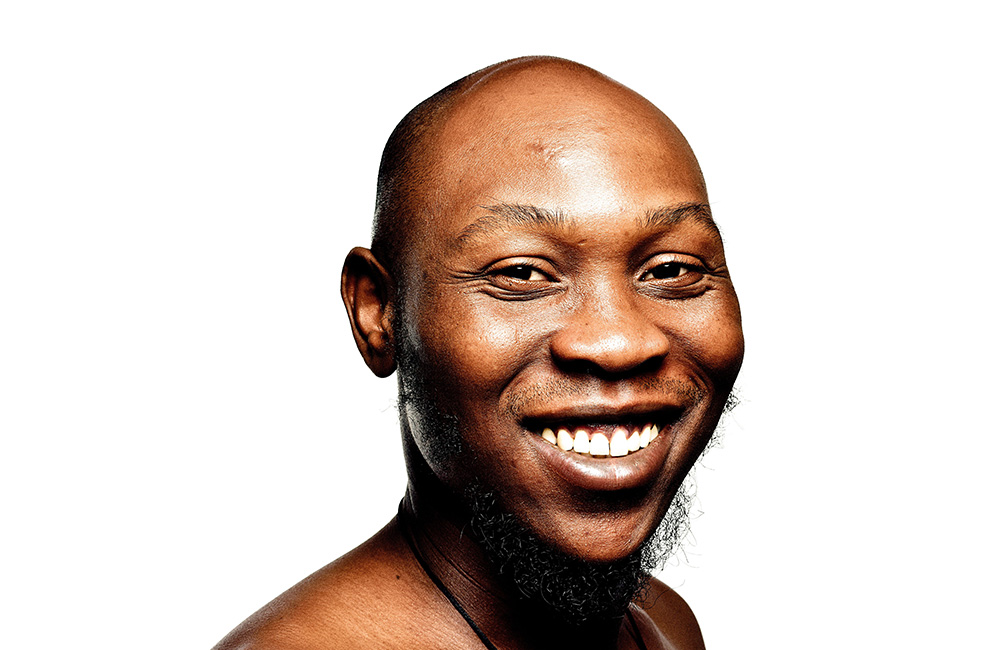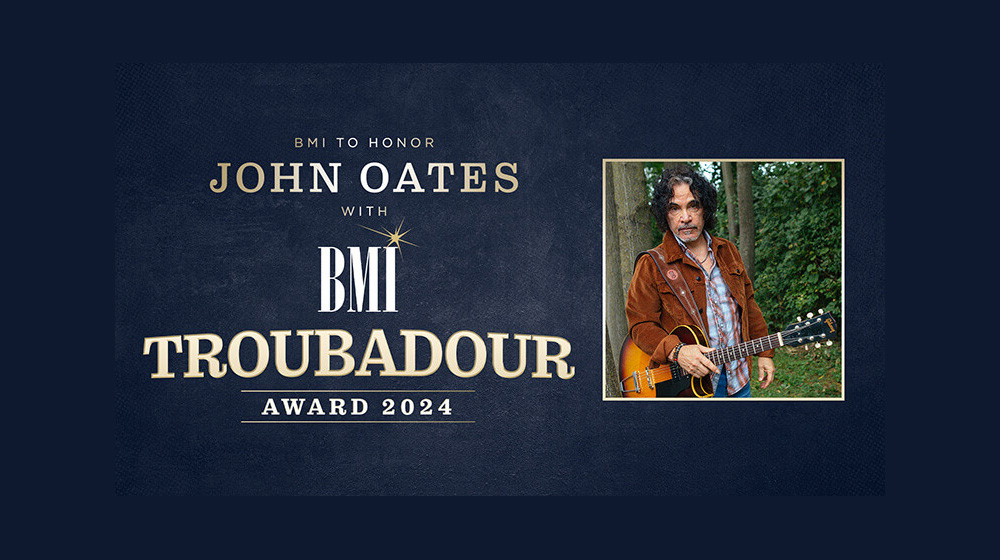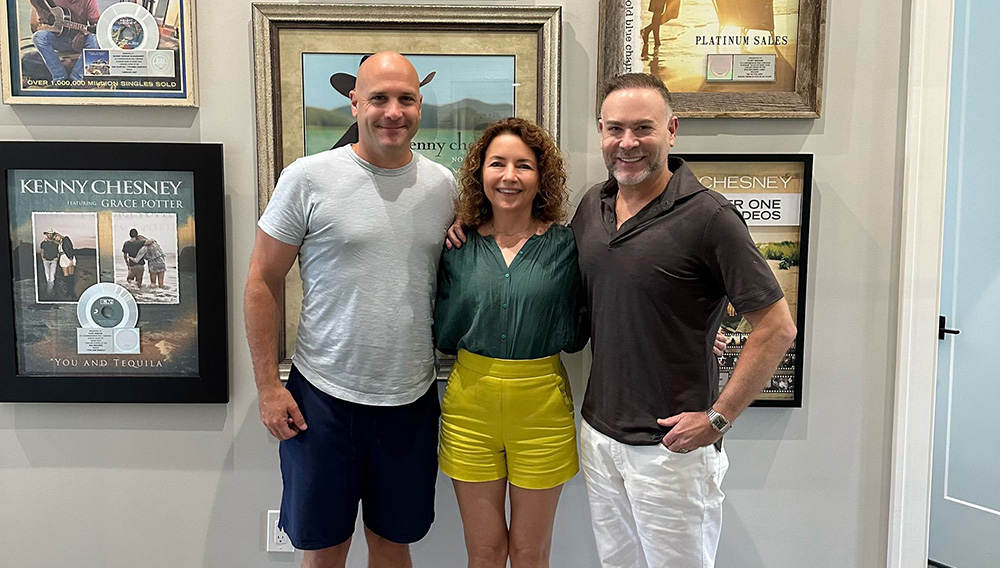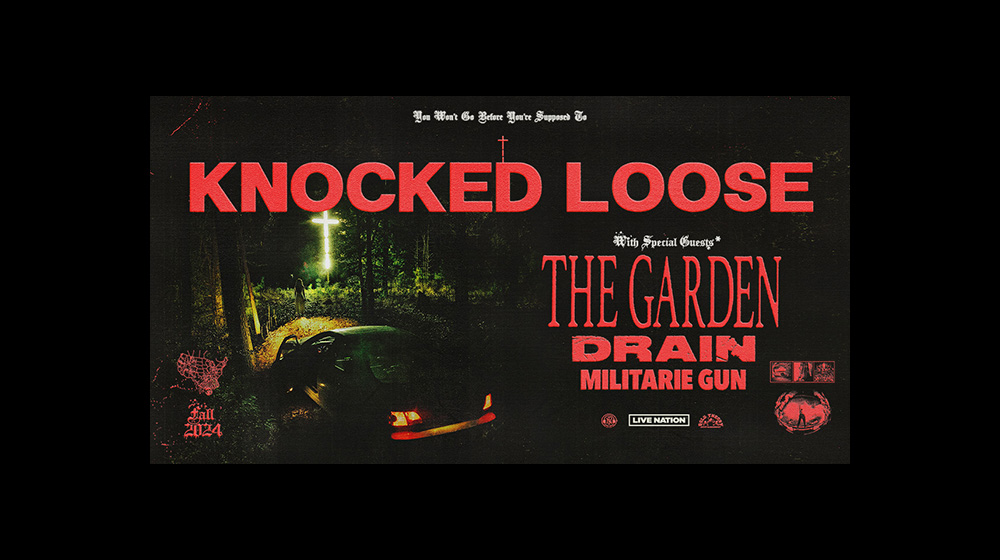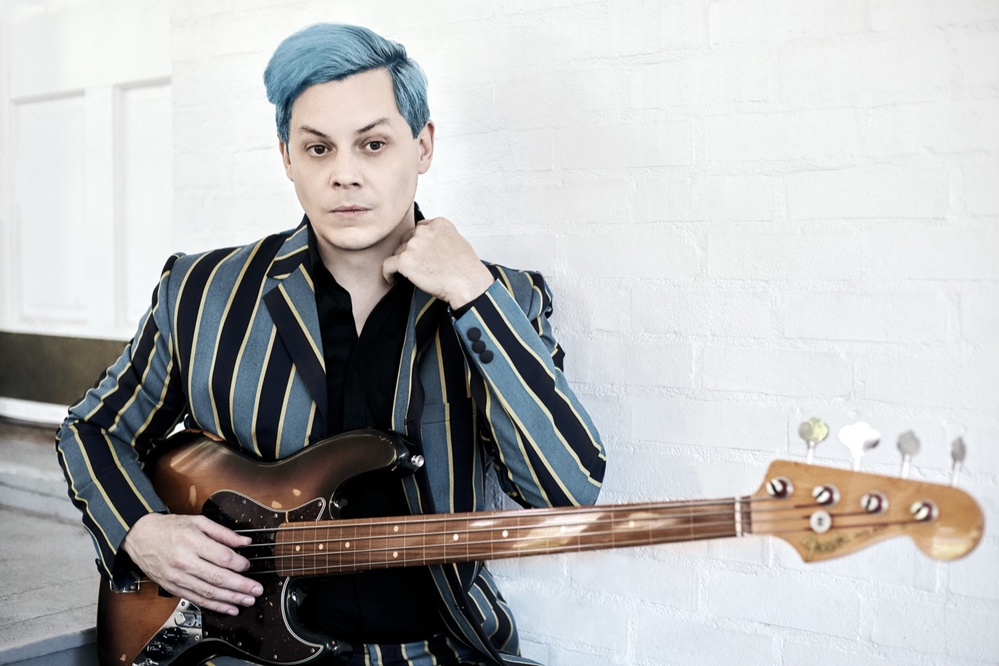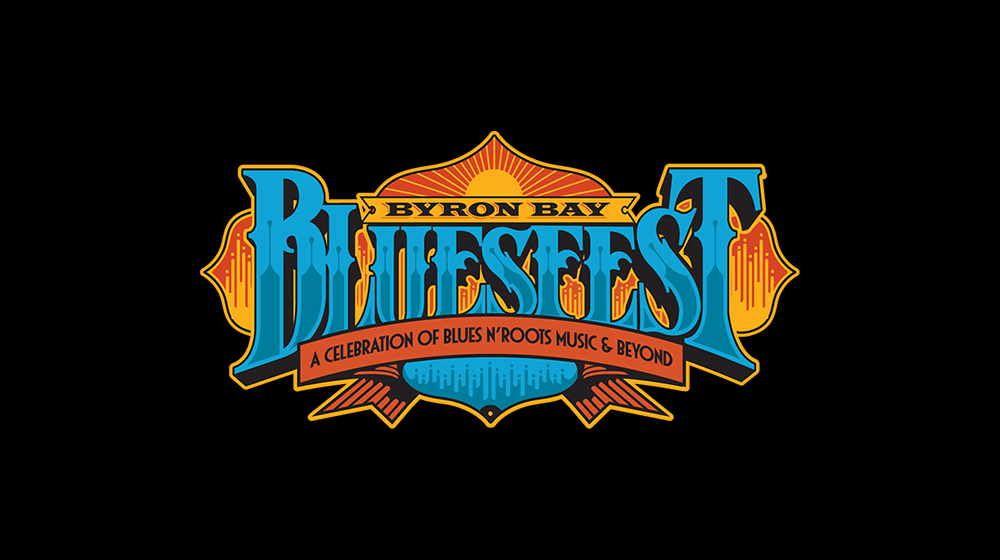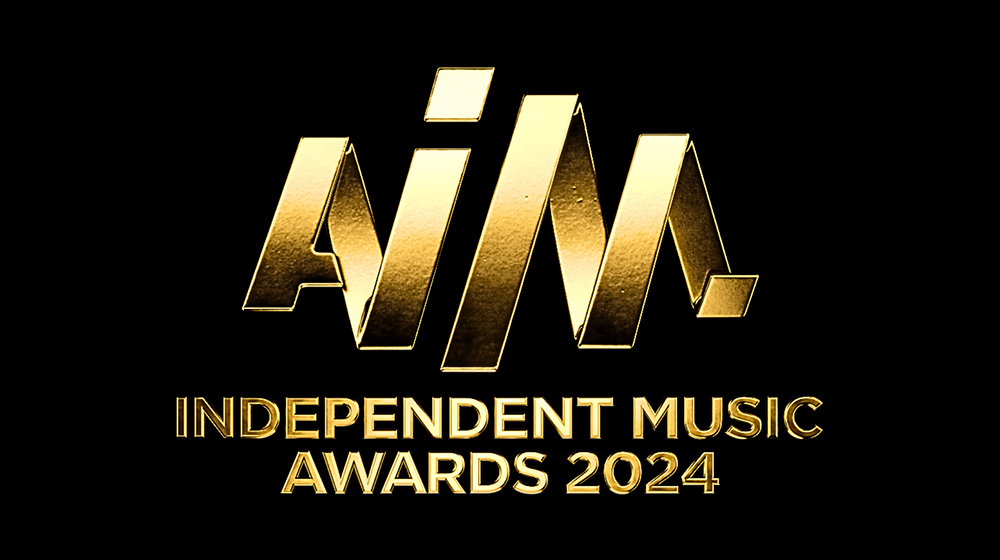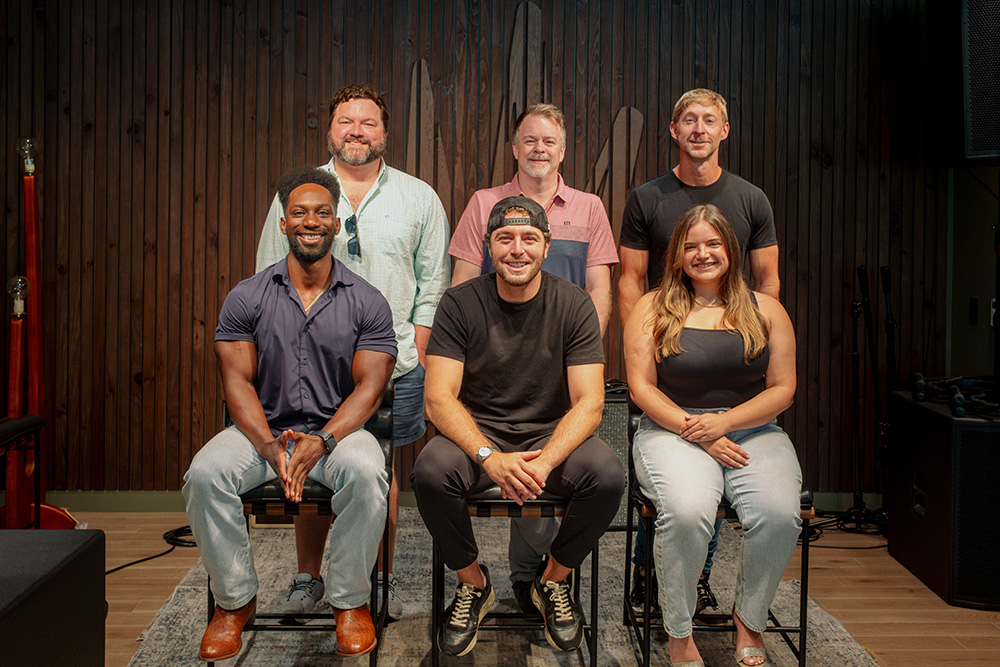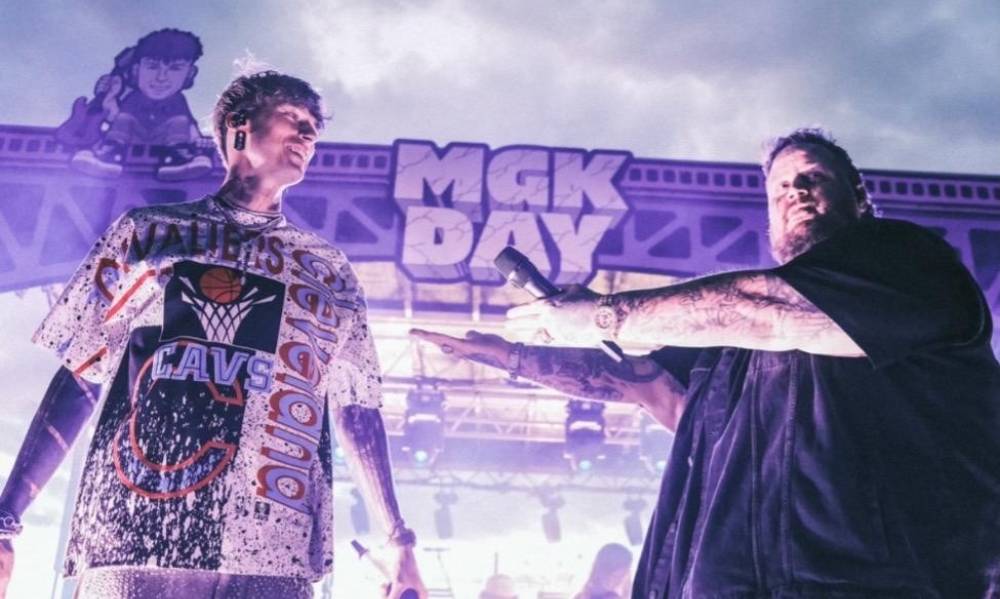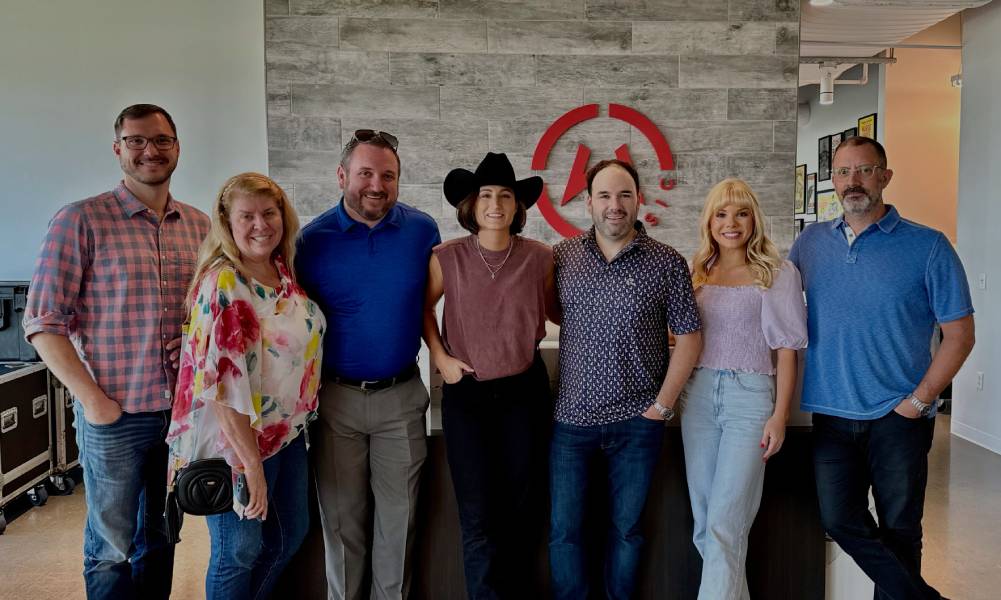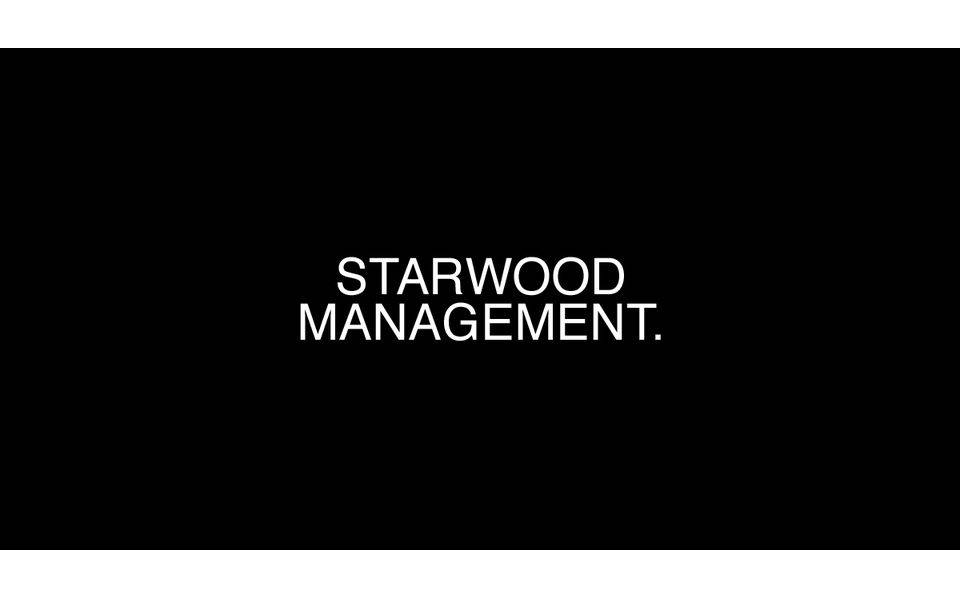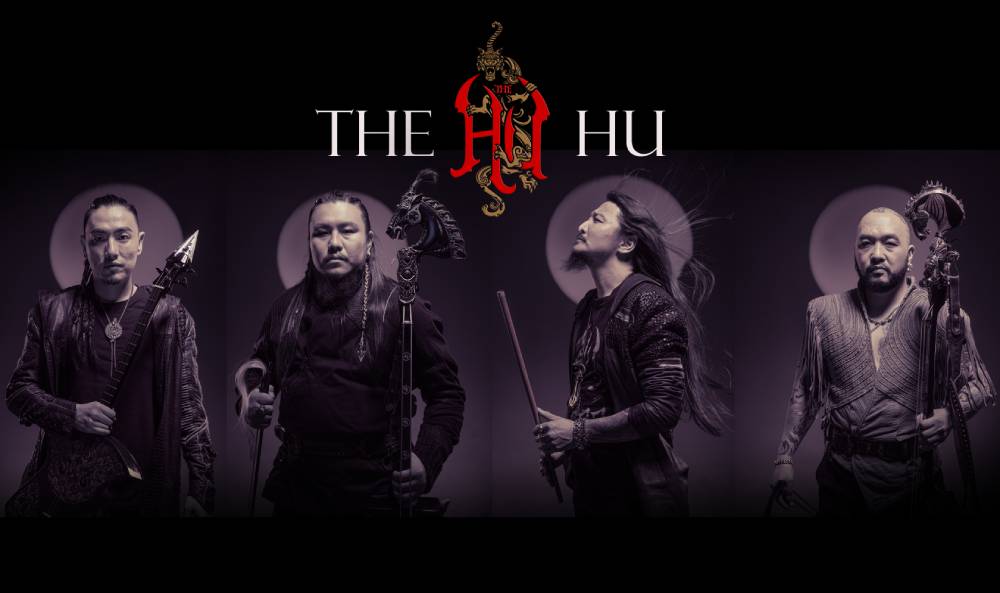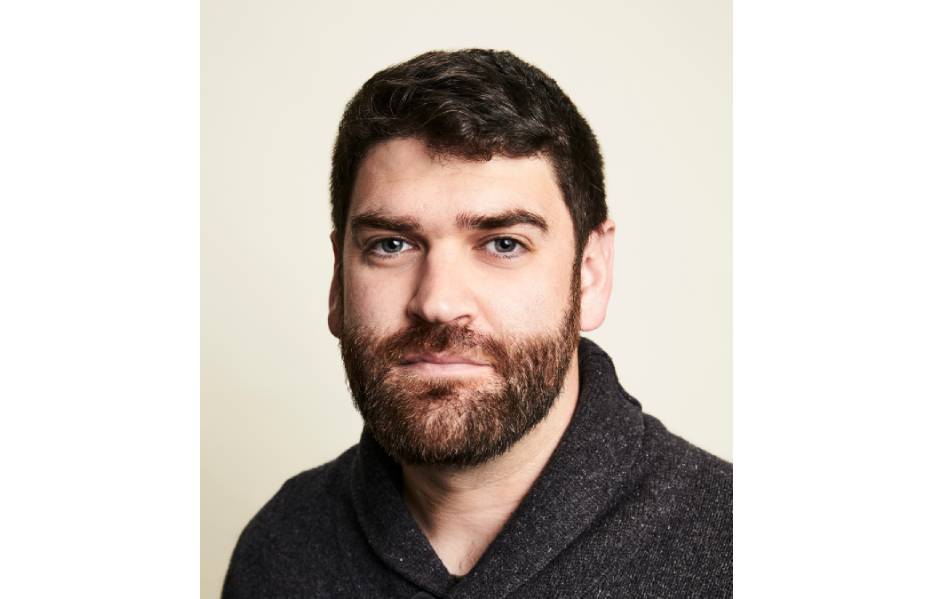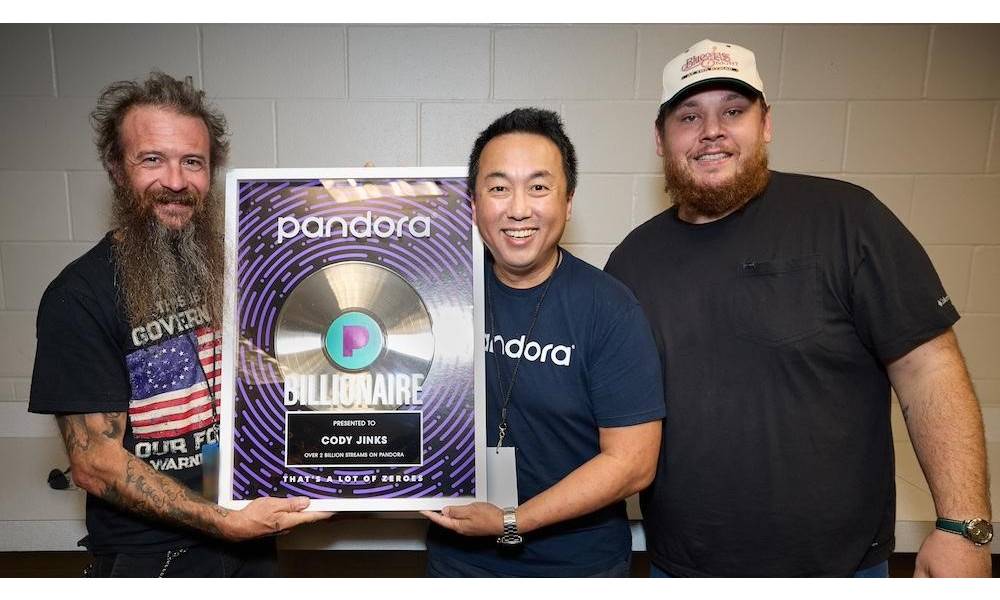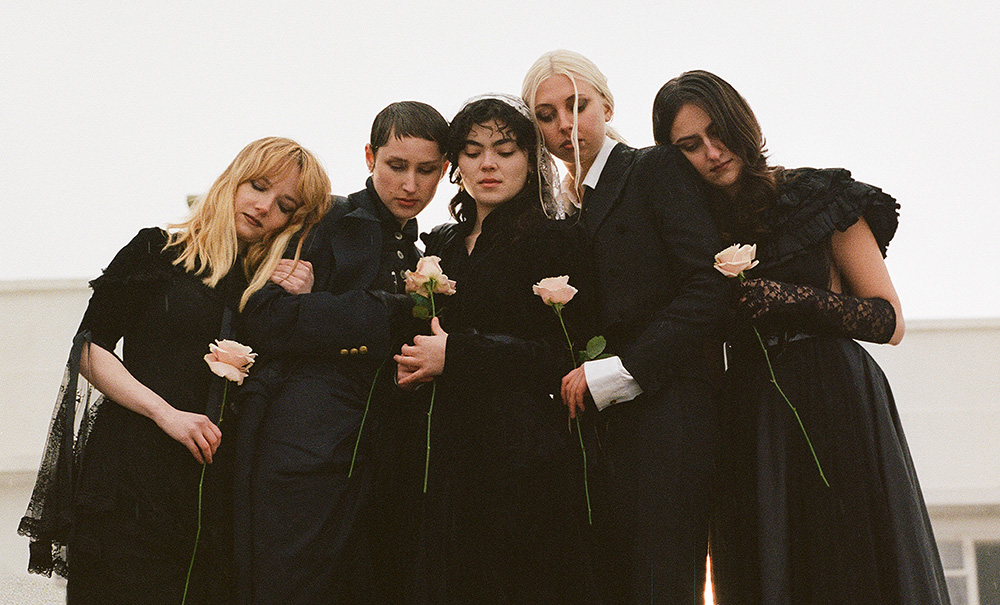This week In the Hot Seat with Larry LeBlanc: Andrea Johnson, agent, ICM Partners.
Andrea Johnson is a music agent at ICM (International Creative Management) Partners, in the firm’s adult contemporary division in New York City.
ICM, formed in 1975 through the merger of Creative Management Associates and International Famous Agency, is a full-service agency with offices in Los Angeles, New York, Washington D.C. and London. representing clients in the fields of motion pictures, television, music, publishing, live performance, branded entertainment and new media.
Among Johnson’s impressive client list are: The Piano Guys, Straight No Chaser, 2CELLOS, Michael Feinstein, Jane Lynch, Natalie Imbruglia, Zucchero, Wilson Phillips, 98 Degrees, Macy Gray, Lisa Loeb, Harry Shearer, Annaleigh Ashford, and Lucky Chops.
Johnson’s experience in arts presenting and cultural programming began as an assistant with the ICM subsidiary ICM Artists from 2001-2003 and at ICM-affiliated Opus 3 Artists (2003-2007). Johnson went on to have a 7-year run (2007-2014) at The Agency Group in New York as the director of the performing arts department in North America.
She has a Bachelor of Arts degree in music from Miami University in Oxford, Ohio.
Booking in the arts or adult contemporary sphere. Not much is really known about that entertainment sector.
I would agree with that.
You have been at ICM Partners for three years. Do they give you quite a bit of freedom?
Yes.
Was that a condition of you coming to ICM?
Sure.
You have a small-scale roster. Are you open to taking on new clients?
I am always open to taking on clients. If something is great, there is always room. I have started working with two fairly major artists. One is Michael Feinstein. I do, at a certain point, have to think about time. Michael has so many different projects that I want to make sure that I am representing him to the best of my abilities. I am also working with Rob Prinz in our office, and with Vector (Management) on Harry Shearer AKA Derek Smalls of Spinal Tap who will be doing some orchestra dates, and is having an album coming out. I know. Which one of these doesn’t belong? But nobody is a bigger Spinal Tap fan than I am. I’ve been around long enough to know all of the (artist) stereotypes.
You have described the sector as high maintenance. Why do you consider it high maintenance?
Well, the talent is fairly high maintenance. I’m am kind of well out of my career where I am just depending on mission statement-based performance arts center money. When you say high maintenance, I think that is what you are referring to. When you start out with a client, and particularly when you start out on the fine arts side, if you are shopping dance companies, and classical musicians–people that are never going to make the money back at the box office—then you have to find foundations and institutions that have a mission statement to bring these things in, and have a budget to do it. Those things are–I don’t want to say that they are largely gone–but there’s a lot less money out there for that now than there used to be.
Your role as an agent has evolved dramatically from when you were at Opus 3 Artists. Was it then as simple as, “Here’s the date, here’s the money, can we get corporate sponsorship or an endowment to underwrite the date?” Go home.
Gosh, we wished that it started with, “Here’s the date, here’s the money.” It’s funny because my old colleague from when I was at Opus 3, Nicole Borrelli Hearn, has just joined us here as a territorial agent and RA (responsible agent). I’m so thrilled to have her here, but we were recently commiserating about the freedom of just saying to someone, “Just give me a mutually agreeable date offer” because when you are doing business in a commercial setting, it is largely about the box office. You have things that sell tickets, and people want to buy those things because they sell tickets. This is in stark contrast to what we were dealing with in the fine arts world.
Many of those dates in fine arts were booked as part of a subscription series. That aspect of the business disappeared a decade ago as the recession slammed arts and cultural organizations. Many slashed their budgets in the face of a weak economy, and government funding cuts, either canceled or postponed programs or laid off employees or had a hiring freeze.
Yes, that’s true. Broadway still has subscriptions because if they (a theatre) gets “Hamilton” they have to make people buy another show. “Buy your ticket for ‘Spring Awakening’ otherwise you are not getting ‘Hamilton.’”
Certainly, major symphony dates are still subscription.
Symphonies can do that too. If you want to see Yo-Yo Ma you have to come and see young pianist x, y or z. But to your point, gone are the days that you were able to say to the Tampa Bay Performing Arts Centre, “Hey, I have this really great jazz band that you should put on your series.” They now say, “What series? We don’t do jazz anymore.” So, unless it’s a headline name that can stand on its own and sell single tickets like just about everything else that we talk about out in the rock and pop commercial space, it’s very difficult.
For decades PACs (performing arts centers) would book shows directly often risking a loss which was sometimes underwritten by sponsorship or endowments. That has evolved into them doing co-promotes with promoters like Dan Steinberg working as Square Peg Concerts (now Emporium Presents) which is common today.
Yes, 100%. This trend you are describing has gotten away from a foundation that presents missions statement-based programming. That doesn’t really exist anymore. There used to be foundations or capital funds that underwrote mission statement-based programming in places like the Bergen Performing Arts Center (in Englewood, New Jersey), one example of many, that simply don’t exist anymore. And, in their place, buildings either go full rental or completely change their programming to more commercial names. They are doing single tickets, more hard ticket programming. That has benefited Dan and his company tremendously because they were there to pick up the thread, and cherry-pick those things that did do business, but there was no capital there to underwrite it. From these places that got absolutely slammed during the recession. They lost their endowments or had blown through their endowments. I have seen so so many stories about executive directors—I don’t know how they kept their jobs; in some cases, they didn’t—overpay for something like the Burhan Öçal and the Istanbul Oriental Ensemble which was a fantastic talent that I booked when I was at Opus 3. If you are going to pay $40,000 for a Turkish drumming ensemble then you better have deep pockets. I think a lot of these people didn’t, and they ended up spending themselves into a hole that would just get worse and worse.
Are there smarter buyers today in the arts world?
Oh God yes. So much more sophisticated.
Decades ago arts organizers didn’t have access to detailed booking information that is now available daily from CelebrityAccess and Pollstar or from other sources on the internet. Today, show grosses are readily available.
Yeah, exactly. I do think that you do have to have some level of sophistication when you read Pollstar these days because, while it’s helpful, don’t get me wrong, I read Pollstar every day, three times at least, but those numbers you have to kind of know what you are doing to decipher them properly. I have a lot of people coming at me saying, “You quoted me this, but I just went on Pollstar and their average tickets are blah,” and I’m like “You can’t look at average tickets.”
Why not?
Average tickets don’t mean anything. You would have to look at each individual markets counts, when the show played, and then take into account everything that’s going on with the artist between then and now. All that factors into the quoted fee. What you might be looking at is, maybe, two or three years old. I’m talking about an act that has experienced tremendous growth over the past year or year and a half. The old numbers aren’t going to tell that story.
Despite the amount of PACs out there, and with the additional performance venues added over the years, routing a tour can still be difficult. Don’t you have more venue choices today?
More choices? I don’t know.
It’d depend on the act.
I think it depends on the act, yeah. It depends on how much money you are looking for. It depends on how much you want to work.
Meanwhile, there is an older audience that will pay a steeper price for a show in an intimate venue setting.
Yes, that true. Right there, you kind of described the business model of City Winery. When Michael (Dorf) opened that original club (in Hudson Square, New York City in 2008) they put a stage in. I remember taking a hard hat tour of the place, and asking him if he was going to do shows. He was saying, “Maybe, once in awhile. Maybe, once in awhile.” Just by accident, it kinda happened. First of all, it’s a really beautiful restaurant, the one in New York. It’s very intimate. It’s got a lovely atmosphere, the food is great and, of course, they have incredible wine. A huge selection. I believe it’s from a 300 to 325 seating capacity room and that occupies a niché that we didn’t have. Joe’s Pub is much smaller than that. About half the size. Then there’s the Highline Ballroom which is about 450 fully seated. But this is a high-end listening room that didn’t have an equal in New York City. That’s why they have gotten into the business of doing underplays for big artists. Artists who could do one show at Town Hall or even one show at the Beacon might choose to go downtown and do four, five, six or seven shows at City Winery instead.
[Since City Winery’s inception in 2008, Michael Dorf has expanded the company to five cities which now also includes Chicago, Nashville, Atlanta, and Boston. While City Winery is a concert venue as well as a restaurant, it is also a fully functioning winery.]
The Winery’s concept has been broadly copied throughout North America with mixed results.
Well, of course, it depends. Some of these (venues) have always had these sprawling outdoor summer concerts on a much larger scale like the Saratoga Winery in Saratoga, California, and places like that. But, yes, these listening rooms are becoming more and more popular. You’ve got the Triple Door in Seattle, and City Winery is now a chain. I would like to see one of these in every single market in the country because this is where I like to start a lot of my stuff. If there is not a good performing arts center option or the performing arts center can’t pull a financial date that I can pick up on in a secondary or tertiary market, we still want to be able to play the major market as well.
You have talked about working early in your career with a base of 10 international orchestras in numerable U.S. markets in venues that could underwrite a $200,000 night. That has dwindled down to 15 markets. Corporate sponsorship has largely gone in the sector and the executive directors that once booked classical and jazz have retired, replaced by people who relate more to rock or pop as do their audiences. As well, the impact of PBS in the sector has greatly waned. The entire arts ecosystem has evolved beyond recognition. I don’t know if it’s all fair what I said.
I think that it is fair. As I said earlier I just have taken on Michael Feinstein as a client who is an amazing multi-hyphenate performer with a history of the great American songbook. And one of the things that we are talking about is to how to update his program without losing what makes him so special because, of course, the Harold Arlens, Cole Porters, and Irving Berlins and (George and Ira) Gershwins of the world, the core audience for that music has passed, unfortunately; or certainly isn’t going out, and those were the people writing big checks to arts institutions. Now the people who are writing big checks to artist institutions are baby boomers or even Gen Xers and they didn’t grow up with that music. So it’s about kind of finding a way to speak to them without giving up what makes an artist truly special.
Artists like Michael Bublé have popularized the American songbook with a younger generation.
Absolutely. It seems that also during the holidays that you can get away with the nostalgia factor of some of the holiday favorites by Bing Crosby and Dean Martin and all of that, but during the rest of the year, he’s got to find a way to keep these songwriters relevant. One of the reasons that the Piano Guys do so well is because…if you are not a classical music fan you are still going to get it even though all of their tunes are enthused with classical music. So they will speak to those people who don’t necessarily speak that language or never thought that they liked it (classical music), and they created something really compelling.
Music is music and then, of course, there’s Broadway.
There’s a lot of contemporary stuff on Broadway, but then there will be a revival of “South Pacific.” A really hot ticket a couple of years ago.
Cineplex Entertainment in Toronto is currently showing the 1964 musical film “My Fair Lady.”
My favorite. This is the other thing. When other kids were watching Teenage Mutant Ninja Turtles I was watching “My Fair Lady,” and “Guys and Dolls.”
The Piano Guys have racked up over more than one billion views of their videos on YouTube. Paul Anderson has done so many different things to connect with the audience. He’s a genius who has done things as compelling as releasing a video showing a piano hanging over a cliff.
Oh absolutely. Of course. None of this would have happened without the visual component that Paul has so brilliantly conceived.
Is what you plan for Michael Feinstein similar to what you have done with the 2Cellos where they can dip into both the classical world while performing AC/DC covers? Luka Šulić and Stjepan Hauser obviously don’t want to stray too far from the classical side but, at the same time, they want to be able to perform at amphitheaters.
When I first met with them which was probably six or seven years ago, they had different management and they were very concerned about keeping their credibility in the classical space because they both had gone to conservatory. They had both won many, many prizes, highly prestigious European competitions, and they knew–and they are not necessarily wrong about this—that it is difficult to return to the core classical (world) if you are not taken seriously there. There are gatekeepers there…
As there are in any genre. Bob Lefsetz recently wrote about how Taylor Swift can never return to the country genre after making her move to pop.
I read that.
The same with the gospel and classical worlds. Artists that move away from the fold aren’t always welcomed back.
I think hopefully—I can’t speak for Taylor Swift. That’s not my world though I do understand it.
Even the late Leonard Bernstein struggled with similar criticism when he strayed from classical.
Yeah, of course, but they were saying that also about the art music that he was creating too. They said that about “Mass” and they said that about “West Side Story.” You are always going to have haters, right? So I am not concerned about that (with Michael Feinstein).
[Leonard Bernstein was a more prolific composer than is sometimes recognized, and his range was wide. While music director of the New York Philharmonic, he contributed scores for ”On the Town,” ”Wonderful Town,” ”Candide” and ”West Side Story,” attracting criticism that to be a successful leader of a major orchestra he would have to focus on conducting. Bernstein defended his decision saying, ”I don’t want to spend my life, as (Arturo) Toscanini did, studying and restudying the same 50 pieces of music,” he wrote in The Times. ”It would bore me to death. I want to conduct. I want to play the piano. I want to write for Hollywood. I want to write symphonic music. I want to keep on trying to be, in the full sense of that wonderful word, a musician. I also want to teach. I want to write books and poetry. And I think I can still do justice to them all.”]
You see that artistic restlessness with cellist Yo-Yo Ma today.
Sure. I’m sure that there are people that don’t like the fact that he is out there with the Silk Road Ensemble instead of endlessly playing (Edward) Elgar in front of the Berlin Philharmonic. There is a finite number of concerti (the Italian term for concerto) out there for cello, and anybody who plays the cello with any sort of regularity professionally gets pretty sick of that rep (repertoire), right? I’m not saying that you truly ever get sick of playing great repertoire but, unlike repertoire for piano or violin where there are just dozens and dozens of concerti to choose from, it doesn’t exist for the cello. There are like five. If you are Yo-Yo Ma, by the time that you are the age that he is, you’ve got to be sick of these things. He’s looking for other things to be artistically satisfied. I completely respect that.
One aspect of performing classical music live is that audiences expect the hits.
Absolutely.
Coming aboard to represent the 2Cellos was appropriate for you because you had your feet in both the arts world and in the commercial side of live music. I suppose it was Dave Lai of Park Avenue Artists who brought them to you. He was also working with Joshua Bell.
Yes. He still looks after Joshua, and Renée Fleming. I don’t know when he sleeps. He’s got his finger in so many different projects. He’s terrific. He brought them to meet with me, to begin with. I think at that moment in time they were about ready to jump in with and, maybe, sign with CAMI (Columbia Artists Management Inc.) or more of a management/agency in the classical space. I think at that time Elton John had seen the first video and had contacted them directly saying, “I want you to do some shows with me,” and, of course, that was a huge deal, and we jumped at the chance. I said, “Guys before you make that (agency) commitment, why don’t you come with me? Give me a year, and we’ll see where this thing goes because you don’t want necessarily to sign with an agency that only does classical because then if you want to spread your wings, and fly in this other side of the business you might not be able to. I can do both for you. So, if you decide you do, in fact, just want to concentrate on the classical side, I’m here for you.” But obviously the rest is history. Elton took them on tours with him, playing pretty much everywhere for two, maybe, three years, including the Vegas residencies that he did. They were not only part of the band, but he let them open the show, do two solo numbers introduced by a video before he came onstage. So that was a massive coup for them. Then they ended up switching over to his management company (Rocket Music Management) a couple of years later.
Straight No Chaser was modestly born in 1996 when Dan Ponce, then a sophomore at Indiana University in Bloomington, hand-picked the original members from a show choir he was in. It’s hard to believe that Straight No Chaser has been internationally prominent since exploding in 2008. Quite amazing, really.
I know. It’s really upsetting. (laughing) I am sure you know that origin story because it’s pretty famous at this point. I believe it was in 2007 that Randy Stine, who is one of the bassists in the group, uploaded (video) footage onto what was then pretty new YouTube. It was still a relatively new thing. It was old concert footage from the late ‘90s when they were in school. At that point, it was almost 8 years later. These guys had graduated. Some of them had “real jobs.” We had a lawyer in the group. People were working in tech. People were working in finance. We did have a couple of degenerate actors, but their ways have been mended now. But anyway, it was just meant for friends and family, and then the thing exploded. It was their version of the “Twelve Days of Christmas,” a bastardized version with the Dreidel song, Toto’s “Africa,” and about 100 other references folded into it. It just went viral over the holiday season, and Craig Kallman from Atlantic Records was one of the people who saw it. He called them, “Hey, I want to offer you a deal” which is incredible.
[Group member Randy Stine had uploaded “The 12 Days of Christmas” clip onto YouTube strictly for the group’s own amusement, but it quickly went viral and was soon viewed more than 10 million times. Within days, Craig Kallman, the chairman/CEO of Atlantic Records, offered the 10-man group a record deal. “The 12 Days of Christmas” clip incorporated snippets of everything from the children’s Chanukah song “I Have a Little Dreidel” to Toto’s “Africa.”
The Straight No Chaser video had a certain kitsch appeal, what with 10 men harmonizing to “I Have a Little Dreidel.”
I don’t think that a viral video would do that today. Viral videos don’t do what they used to.
There’s too much white noise out there now. Back then it was such a novelty, especially with an act working without radio. After the release of Straight No Chaser’s Atlantic debut, “Holiday Spirits” in 2008, an 8-city tour was booked to test the waters. Six of the shows sold out almost immediately. All without radio support.
Oh yeah. I still don’t have radio (for arts or adult contemporary clients). I don’t have television outside of PBS. PBS has been helpful. I can’t completely say that they haven’t been. PBS was very helpful with Straight No Chaser’s first PBS special, which was received really, really well. The Piano Guys have been helped by PBS. Gone are the days, however, when it (PBS) can be the silver bullet. I still get pitched on artists from producers or managers saying, “I’ve got this great new band or new artist”–whatever it happens to be–“and they have a PBS special.” I’m like, “Okay, and? What happens when I book you a tour, PBS airs it (the show) twice? They sell five tickets, and we have to sell another 2,000? What’s your plan.” Often times, there isn’t one.
Perhaps, PBS has done too many similar artist performance specials.
Yeah, that could be it too. That it’s market saturation. I think that PBS is trying to figure out how to re-invent themselves. It’s not so much in concerts these days. It’s going to be more about what is the next “Downton Abbey” going to be because that was the gem of gems that they had there. And the fact that they are still able to keep Ken Burns under their umbrella despite I’m sure that everybody is coming at him from every angle. I’m four episodes in with “Vietnam” (“The Vietnam War”) right now and he’s just blowing my mind.
I bet both HBO and Netflix have offered him the world.
I was listening to Ken do an interview on Recode Media (with Peter Kafka)—their podcast—I was listening to that, and he was asked that question. And he said something along the lines of, “Yeah, I am good friends all of those guys over there (at HBO) but PBS is my home, and I’m going to dance with the girl who brung me.”
How many artists do that?
It is almost unheard of.
You have had Straight No Chaser and the Piano Guys for a long time.
These are the things I am most proud.
Are you still working with Wilson Phillips as well?
I am, yeah. They don’t do a ton (of dates). Maybe they will be doing more. We are in conversations with them about, maybe, doing more show which would be exciting
You also handle renowned Italian singer/songwriter/ musician Zucchero Fornaciari.
Just for North America, Canada, and the U.S., He is with The Coda Agency. He’s amazing.
I discovered Zucchero through his duets which charted in the UK.
Yes, he collaborates with everybody. For the uninitiated, I like to say that Zucherro is the Bruce Springsteen of Italy. I feel that is a good analogy. He’s sort of a working man’s artist. He’s incredibly prolific. He’s around the same age. Obviously, he doesn’t have that big of a name over here, outside of the ex-pats. He can play a couple of Beacons, or Radio City, or Theatre at the Gardens (the 5,500 seat theatre at Madison Square Garden). Here in New York he’ll do 5,000 seats, and in L.A. he will do, maybe 1,500 or 2,000, but he wants to tour America which means we are literally playing 250 seat clubs like the Cambridge Room in Dallas, and House of Blues in New Orleans and all of these places because he’s happy to pay for it. You can imagine what the production looks like when you’re showing up to the House of Blues with two semis. it was one of the more idiosyncratic tours that I’ve had ever booked in my life.
This is a labor of love for him.
There is absolutely no reason he should be doing this. He certainly doesn’t need the money. I’m not going to say it’s not about strategy. Of course, it’s about strategy. I think that in a perfect world that these markets will grow, and we would play to bigger communities in these markets in the middle of the country. It’s just that his passion for playing live, and wanting to see these markets, particularly on the last run he wanted to go to historical music markets in the U.S. where jazz came from, and where gospel came from. These things that he’s a student of. He wanted to play New Orleans. He wanted to play Memphis. He wanted to play Chicago. Anyway, he’s fantastic, and when I tell people, when I try to make a parallel, or if you are a Zucchero fan…..Let’s say you are an Italian living in Dallas, and you see Zucchero announced in a small room at House of Blues. That would be as if you were in Florence and you saw Bruce Springsteen announced in a 200 cap club, and you can get a ticket. I mean, that’s outrageous.
I like when those things happen.
Yes, it’s incredible.
With a developing act, how do you figure out guarantees, and routing? It’s used to be, “Book us anywhere. Let’s go.” Today, you can study an artist’s social media, and see a bubble of support here and there, but how does that translate into setting dates.
Sure, pulling data analytics from the multiple social media platforms that we have at our disposal today that makes a lot of sense.
Do you spend a lot of time on research?
Sure, absolutely. Well, it kind of depends on the artist, right? So if I was to book a Lucky Chops tour of the U.S. for the Fall of 2018, the way that I would try to go about it is to find some money first. Find some financial tent poles so we can afford to go to the places that we know we need to go to strategically. Honestly, the top 15 markets for any artist isn’t going to change with social media. Most people’s biggest market is going to be New York. If it’s not New York, it’s L.A. or Chicago. Very rarely is it, “All of our listeners are in San Antonio” which if they are, well, God bless, but that’s usually not how it goes. Usually, you know that you are going to have these major markets any which way that you slice it. So the big question is how do we pay for it? I assume we are talking about a developing act right? So, if it’s a developing act, and you know what the club money is going to look like, or if you go into Chicago and play City Winery or play Park West or play a rock club. Whatever it happens to be, it’s going to be really a low guarantee, and it’s not going to pay for anything. You have got to play it for strategic reasons. Or you try and find money from someplace else unless you are one of the very few artists left who gets record label support. It exists but it’s very rare. You can’t count on it. So you try and find some soft ticket money first, and then you route around it. That’s not brain surgery. I hope you weren’t looking for something else.
Today, announcing multiple dates on a tour provides a marketing messaging cohesiveness. You said on a recent Promoter 101 podcast that an act is fortunate if somebody eyeballs their booking announcements once so it’s better to have them see a quantity of dates being announced.
(NS2’s) Brian Penix, who was also on the podcast (along with Seattle-based Triple Door talent buyer, Scott Giampino) made a really great point which was that even if we can’t get the exact on-sale date the same, it’s really good to be able to announce the entire tour. There are exceptions to that because if you are playing Chicago with a package this summer, and you are announcing your entire tour this summer, you can’t announce Chicago until after your Chicago date plays. There are always going to be exceptions. I do think that if you are going to play all of these markets, and you have them booked or something close, why not just announce them?
In my world too, I benefit from (shows) being on sale as long as humanly possible because I don’t have acts that blow out on the on sale. I wish they did, but it’s just not that kind of crowd. Even if the ad budget is finite, it’s still benefits…2Cellos is a good example of this. We had a chunk of dates that got moved from October to the first quarter of next year because one of the guys in the group is having a child. It turns out that moving those dates is really good. They had been on sale for awhile and we were fine, and they would have been fine. But they benefit from being on sale longer even if money is not being spent.,
One of the benefits of an impressive advance announcement is when I see 30 dates listed for a developing act I take them more seriously. Somebody either wants them somewhere or somebody has been aggressive in selling them. If I don’t know the act, I’m going to find them on the internet and check them out.
I think that for anybody who knows anything about the industry that it (announcing a national tour) kind of shows that you have someone who knows what they are doing which probably means that you are someone. If you as an agent or an agency are able to structure a national tour, and announce an on sale and execute that in a way that looks professional and is professional, all of that speaks to quality
What was your pitch two years ago to the New York City-based brass band Lucky Chops to represent them? I just adore them.
Yeah. We are taking far more of a traditional rock route with this than a traditional performing arts center route. But it was the same. Do you really speak the language of both performances arts centers and clubs? Now, obviously, the bulk of my roster is more doing theatres, but that doesn’t mean that we aren’t fully equipped to put together a two-year strategy for a band that is not going to end up playing a 2,000 seat performing arts center. Although for Lucky Chops I think that they will, and I have had extensive discussions with their management about switching lanes sort of speak. “Let’s go out and do what we are doing with Gogol Bordello right now. Let’s play some rock clubs. But that doesn’t mean that you can’t kind of tailor the set for a seated experience.” They played a couple of smaller PACs, and they really enjoyed the experience. I think that we are going to do more of it. My problem is they will be in Europe in the summer. They make so much money over there.
Can you book Lucky Chops in the more intimate rooms?
I don’t think Lucky Chops would necessarily be good. Their show is so high energy I don’t think that it belongs in a seated listening room, necessarily. I think we can get away with a 700 to 1,000 cap performing arts center at this point though. Yes.
They have had an unbelievable career trajectory for a brass band.
It’s been an incredible evolution for this band that had its start busking in the New York City subway. When I signed them, I think that I was 8 ½ months pregnant. So that was two years ago. They have 75,000 Facebook likes. Today, they have 1.2 million which is amazing. Kevin Jergenson out of our L.A. office is their international agent. I just want to give him a shout out because he has just done such an incredible job for this band. I just want to give him a shout out because he has just done such an incredible job for this band. They are now an international festival headliner to a degree. They aren’t up there with huge pop stars or anything like that, but they are doing 1,000 to 1,500 hard tickets in Europe right now which is amazing, and it’s really a testament to them and their management, but also Kevin’s strategy and hard work about timing and venues and rolling it out properly.
You had a splendid 7 year run (2007-2014) at The Agency Group (TAG) but with the agency then being boutique-sized without film, TV and literary departments bigger agencies could cherry-pick any of your clients at almost any time.
They were already doing it. I was watching it happen. I watched The Agency Group lose Pentatonix, Wiz Khalifa, Mac Miller and other. Artists that the agency had really helped to develop from day one. The bigger agencies, ICM included, would come in and say, “Thank you very much. Got it from here.” At a certain point truly if you can’t beat them, you have to join them. I am not even casting dispersions. This is what the world looks like today.
With all the career opportunities available today managers and artists are far savvier, and will say, “What do you have here to make us more competitive? Where are we going to be in five or ten years? Do you have TV and film if we pursue acting? Do you have literary if we want to do a book? How about global branded entertainment division dealing with endorsements, product placement, and music tour sponsorship?”
We are just talking about this. We have an agent trainee kind of program here. Assistants who want to become agents apply for it and only a certain number are admitted. We are watching these kids come in, particularly the applicants from the concerts’ department. You have to be so much more sophisticated now than you used to be. You have to understand, to your point, how branding and endorsement deals work. How film and television deals work. How publication deals work. How do people in those departments work together and get things done? How does a book go from being a book to a film? How does that happen? You need to understand that even if you are sitting in music in order to, I believe today, to be an effective agent. I’m not sitting here saying that I have a whole lot of experience in all of these, but I like to think that I can speak knowledgeably on those topics.
You picked up a lot of the slack at The Agency Group when you arrived in 2007. They had people doing arts booking in the UK, but not in America when you arrived.
Yeah. There are a couple of women in what is now UTA’s (United Talent Agency) London office who then did classical crossover and still do, Heulwen Keyte and Emily Robbins, and they are tremendous. We would pass the baton back-and-forth when I was at TAG.
But TAG America wasn’t doing much in the crossover sector until you arrived.
No. They didn’t have anyone. I think that they had people who tried, people who were willing to help, but it just wasn’t their area of expertise which is fair enough. So when I came in that changed. But I didn’t come in with any clients. I came in with a Rolodex. Not a single client. I never signed an artist before 2007 before I got there. What ended up happening and I have Steve Martin to thank so much. Steve was talking to everybody all of the time, and everybody wanted to be in business with him because he’s so nice, and he’s so good. He would say, “Hey Andrea, I just had a conversation with manager X or record label Y. They have got this project which I think you’d be really good for. They are going to come in next week, and let’s all sit down and meet. And right there is how I was able to make these things happen. It’s how Chaser happened. It’s how the Piano Guys happened. It was the right place, right time for sure.
How did you get involved with classical music?
My grandmother (Marion Johnson) was a concert pianist so I started taking piano lessons from her. She was a very rare bird. She was born in 1917 and graduated from the Cincinnati Conservatory of Music which was very rare for a woman in that era. She didn’t end up having a career. She was a farmer’s wife and she moved to where my parents live right now (in Ohio). I started taking piano lessons when I was 5. I was raised with this. I was raised with “Live From Lincoln Center,” and (Danish comedian/pianist) Victor Borge. All of it. Really this should be called, “What Marion Johnson did for me” because that’s where it (the career) all started. And with my mother. I’m 38 years old and I was a little child in the ‘80s and I was watching—this was in the middle of nowhere, and we didn’t have cable; I didn’t know what cable was until I went to college—we were watching PBS, CBS, ABC, and NBC. That was all that was available to us.
Where are you from originally?
I am a farm girl from rural southern Ohio. I’m from Lynchburg, Ohio which is about half an hour south of Wilmington. My favorite anecdote, which will give you an idea of being in the middle of nowhere, is that when I was growing up, we had one stop light in our town, and 10 years ago a guy on a tractor took it out, and they never replaced it. My dad is a recently retired farmer. My sister is a farmer. She and her husband have something like 25 sheep, 4 goats, three dogs. You get the idea.
Growing up on a farm, you were isolated?
We come from a place where if you had to drive someplace driving for an hour or an hour and a half is nothing.
At what age did you realize you didn’t want to be a farmer as well?
About since, how early are we conscious?
Can you milk a cow?
We didn’t have cows. We didn’t have livestock, mercifully. He had just crops. Wheat, hay, and they (the government) pays you to grow corn, soybeans.
Did you grow up going attending classes in a small schoolhouse?
I graduated with 90 kids in my senior class. It was a public school. There were 400 kids in the entire high school. They had to draw a 15-mile radius around town to get those, I think.
In studying voice at Miami University in Oxford, Ohio was it your ambition to become a performer?
Oh God, for a minute and a half I thought so yeah. I went to Miami of Ohio which is not a conservatory. It has a good music program, but it’s not like Julliard or Eastman. I had gotten a partial scholarship to go for voice. I loved the classes. I really loved music history. I loved theory. I did not so much love voice lessons, and vocal juries. When you are an instrumentalist, and a voice major your jury is your final exam. It’s when you give a mini-recital in front of a panel of teachers and they grade you. I hated it. I hated singing what people told me to sing. I hated….it was taking all of the joy out of it. The way that—I’m going to get in trouble with people at my alma mater for saying this—but there was a conceit from the people who worked there, and from the students that went there. They carried themselves around that space as if they were on the stage of the Metropolitan Opera. I’m thinking to myself, “You are 17 years old, and you are a voice student at Ohio, what are the chances that you are going to get to La Scala (opera house in Milan, Italy)? Seriously, what are the percentages?” I realized that you probably had a better chance of going to the NBA (The National Basketball Assn.) because, at least, there’s a market for that.
On one hand, I do have sympathy for it (the attitude). If you don’t take it seriously…. if it’s not serious and real to you than it won’t be for anybody else. That is what I will give these people who were trying hard. But part of me was realizing that this was not what I wanted to it. I probably could have cobbled together an extremely uncomfortable living for myself as a performer, but anybody who knows me will tell you that ain’t my style.
You did graduate.
I did. I switched my major to just a Bachelor of Arts in music and not a performance degree. We didn’t have an arts management major then so I just started taking a bunch of business classes. I took marketing and accounting.
You came in as an assistant at ICM Artists (now ICM Partners) in 2001 and then moved on to affiliated Opus 3 Artists.
This was when Opus 3 was a wholly-owned subsidiary of what was ICM Holdings. It had its own CEO which it still does with David V. Foster (as president and CEO) not to be confused with David Foster, the producer. That was the company I started working for. So technically, I started working for ICM, but it wasn’t the ICM concert department. But, yes getting the start at Opus 3 though, I am so grateful that’s where I started because I started in sales. I know how to sell things. That’s really important and a lot of people don’t have that skill set.
What did you do as an assistant?
I was working for two territorial booking agents, one of them whom was promoted to the head of the department and I went with him. His name is Neil Benson. Now he’s a restaurateur in Tarrytown, New York. I have to get up and eat in his restaurant (Red Zebra Sleepy Hollow). I’ve been told it’s amazing. But he had a soft spot for world music. He, in fact, booked the Burhan Öçal and the Istanbul Oriental Ensemble. They were absolutely wonderful. It was just such crazy amounts of money that it took to set up and tour, get all of the visas that you have to get to get those artists over here.
Attaining visas to work in the United States is worse today.
It’s worse today. And God help you if you are trying to get people out of the Middle East. It’s very difficult. I was working for him and his interest was more in world music and things that were a little quirkier than straight up and down classical. He was the booking director of the booking department which was all on his shoulders. He had to book the Vienna Boys Choir, the Canadian Brass, and the acting company doing “Macbeth” and “The Turn of the Screw” repertory in addition to the things that he assigned himself.
I would imagine your university music background was helpful in landing the job? You at least understand the language of the arts.
You make a very good point. I am also very fortunate that I came out of that with a specific skill set because it’s much harder to get a desk if you are coming into a big agency, and you just want to work for…
Anybody.
Anybody, right. Anybody whether they are in motion picture, television, lit or working for a line agent in our department. We don’t have a mail room program here in New York but you are still probably going to come in as an intern, and then be a “floater” which is a temp that kind of makes the rounds, and then you might get assigned to a desk. Sometimes you hire somebody right off the street. The assistant I’ve got now, she didn’t do anything before she worked for me. Not for ICM anyway.
At least the entertainment booking agencies have stopped hazing interns and new staff. I’m kidding, of course.
No, no. We are living in unprecedented times with what’s going on in the wake of the Harvey Weinstein scene. Every day this week my Hollywood Reporter email there’s article after article that this person is out at Amazon. So and so is out at APA. So is out of wherever.
It is a chilling climate for sure.
Sure. Part of me being a woman in this industry says, “Well, it’s about time.” Another part of me doesn’t want to see innocent people victimized because that (climate is) the trend now. I think that we all want to see this conducted in a fair and measured way. What is going to be really interesting is that we are in the business of representing art. In the niché that I occupy, I don’t necessarily have to deal with artists who are saying controversial things or creating art that could be taken as offensive to some. But some of my colleagues do, and many of my colleagues around the agency business do. Does that mean that we are no longer going to represent these people? It’s a slippery slope that could end in censorship, and that’s is something that I am against. It is strange days, and we all have to be really vigilant.
I recently interviewed Marsha Vlasic, president of Artist Group International. When she started as a booking agent in the early ‘70s being a woman really was an issue. There were then only a handful of female agents in New York City. By the time you became an agent at Opus 3, were you generally accepted?
Yes. The fine arts do boast a lot of women and has for a long time. One of the other department heads when I was there was a woman, and many of the managers—what we would call RAs or responsible agents in the contemporary touring business—they called managers because it is such a niche business that many of these artists didn’t need managers. Your manager and RA was the same person. Anyway, I digress. But it (Opus 3) was already stacked with women.
Despite overall agency industry changes in live music, and despite an evolution in arts booking itself you continue to work in a niché sector.
Yes, but so much of the business that I am doing is with the same people that my colleagues are dealing with.
Back when you were working with orchestras it was a stark contrast to the agency world that was dealing with commercial promoters.
Yes. It was a stark contrast. ICM sold what was then ICM Artists in 2006. It was sold partially to a media company out of Chicago, and part of it was internally held. I believe it is all internally held now. And they renamed themselves Opus 3. That’ how that went down.
[ICM sold its classical music and performing arts subsidiary ICM Artists Ltd. to ICMA president and CEO David Foster, and executive VP/managing partner Byron Gustafson who passed away in 2010. Terms of the sale were not disclosed. Foster and Gustafson led a management buyout of ICMA in conjunction with Newsweb Artists Llc., a Chicago-based media company.]
I made that transition for about six months, and then I knew that I wanted out. I knew that I wanted to come to the more commercial side of the business. So I left this fine arts agency that had many, many women in positions of power, and then I walked in the door of The Agency Group in 2007—and I want to preface this that I have nothing but good things to say about The Agency Group—but I was one of two female agents in the entire North American company. It was me and, at the time, Corrie Christopher. That has changed obviously (in the industry), and certainly, at UTA, it’s now a whole different thing. But it has changed. At the time, it didn’t really bother me.
The overt sexism of the past may not be as evident, but the entertainment agency world is still largely a boys’ club.
It definitely is, but I can honestly say that I have lucked out with whom my mentors have been and whom my direct superiors have been over the years. Obviously, Steve Martin at The Agency Group now at APA, I can’t say enough good things about him. I can’t thank him enough for what he’s done for me, and so many other people around the industry. My old (Opus 3) boss Neil Benson. Though what I am doing now is very far different from what he was doing, I learned a lot from him. I am very grateful for the opportunities. And of course Neil Warnock. And now at ICM Partners Steve Levine, Rob Prinz and Mark Siegel have been nothing but encouraging and supportive.
Larry LeBlanc is widely recognized as one of the leading music industry journalists in the world. Before joining CelebrityAccess in 2008 as senior editor, he was the Canadian bureau chief of Billboard from 1991-2007 and Canadian editor of Record World from 1970-80. He was also a co-founder of the late Canadian music trade, The Record. He has been quoted on music industry issues in hundreds of publications including Time, Forbes, and the London Times. He is co-author of the book “Music From Far And Wide.”

